To promote the role of squad leaders, commanders at all levels in the unit all believe that it is necessary to carry out many synchronous solutions. In particular, it is necessary to focus on creating resources, fostering and training squad leaders; have attention to all aspects of the unit; motivate with appropriate regimes, policies, and priorities...
Focus on improving qualifications and capacity
When asked the question "What has the unit done to improve the capacity, qualifications and responsibilities of the squad leaders?", Lieutenant Colonel Nguyen Huy Khoi, Commander of Regiment 165 (Division 312, Corps 1) told us: "In order for the squad leaders and battery leaders to meet the requirements of the mission, in the past time, the Party Committee and the Regiment's command have selected comrades with good qualities, achieved high results during the training of new soldiers, and had the desire to strive to send them to train squad and battery leaders. After completing the training, the unit organized an inspection and correctly assessed the strengths and weaknesses of each comrade. On that basis, retraining was organized on the limited content, the core content; focusing on methods of grasping the army's ideology, organizing and maintaining training... After the training, they were assigned to the units to carry out the mission".
To improve the qualifications and capacity of squad leaders, many opinions in units suggest that it is necessary to increase the training time at school so that squad leaders have better qualifications and capacity; after training, they should be transferred to the unit sending them to study to facilitate the management process, work and promote capacity in the environment that squad leaders have been familiar with during the training of new soldiers.
 |
| Sergeant Pham Khac Tuong, Squad Leader of Fire Squad 11, Company 2, Battalion 1 (Regiment 141, Division 312) guides soldiers in formation training. |
Major Le Hong Quan, Military Assistant (Staff Department, Division 312) said: "Due to the short training time for squad leaders, it is necessary to focus on equipping students with necessary content, new content related to the unit's reality and the responsibilities and tasks of squad leaders, instead of re-teaching the content that new soldiers have been trained. In particular, it is necessary to focus on training and practicing command methods, maintaining soldiers' training and practice...".
The report on the quality of squad and battery leaders after training at military schools and working at units of Regiment 165 also made recommendations: "It is necessary to increase the time for practical training, focus on practicing model movements, methods of maintaining squads to practice the contents; promote additional training in shooting, physical strength, and regulations; propose to create conditions for units to receive those forces back after sending them to military schools for training to facilitate management and work...".
According to Lieutenant Colonel Do Van Kien, Deputy Political Commissar of Regiment 141, in addition to regular training and education, enhancing education so that squad leaders clearly understand their duties, tasks, powers and promote their responsibilities, officers from platoon and above need to pay attention to encouraging and creating favorable conditions for squad leaders to complete their tasks well. Platoon, company and battalion officers always follow, accompany and support to the maximum but do not do it for them or replace them, but must create opportunities for squad leaders to promote their knowledge and abilities in managing and operating the squad to complete their tasks.
Coming to Regiment 165, Regiment 141 and some units of Division 312, we were quite impressed with the system of documents that the unit painstakingly researched, collected, compiled, and issued to each squad leader and battery leader. These small books can be put in your pocket and are very valuable to the squad leader team, such as: "Some experiences in managing and commanding soldiers of the squad leader", "Life skills training handbook for squad and battery leaders", "Squad leader secret handbook"... In those documents, there are full responsibilities, tasks, things that squad leaders need to know, common situations in the unit and how squad leaders handle them... In fact, over the years, the battery and battery leaders in Division 312 have learned and effectively applied the knowledge in these small books to the work of managing, commanding, and training soldiers.
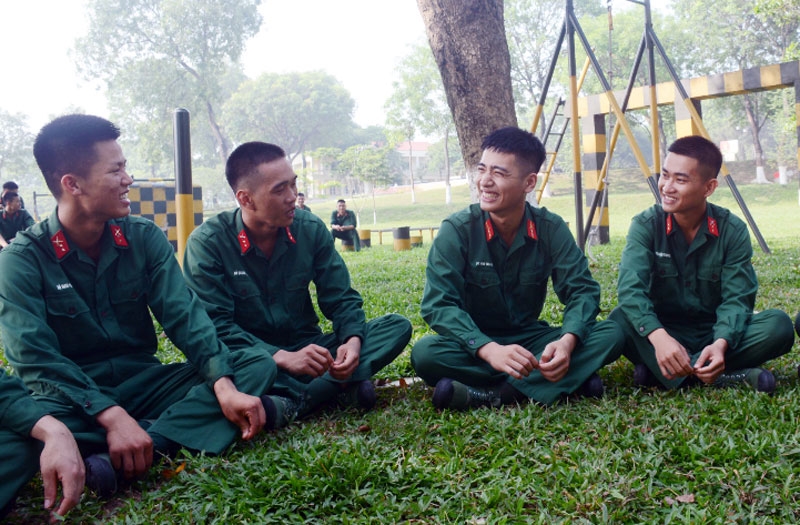 |
| Squad leader Vu Huy Hoang (second from right) and soldiers of Platoon 4, Company 2, Battalion 4 (Regiment 165, Division 312) chat during break time. |
Motivate with practical encouragement
When we asked many officers of Division 312, we received the same answer: In addition to doing a good job of educating and raising awareness and responsibility, the most important thing to motivate squad leaders is that unit officers must always be close, caring, sharing, and helping squad leaders in performing daily tasks. In particular, superior officers must absolutely avoid militaristic expressions, scolding, and insulting squad leaders; truly respect, create conditions, praise, and timely encourage squad leaders so that they can always maintain their confidence, enthusiasm, and dedication, and develop their full potential.
According to Lieutenant Colonel Le Van Ha, Political Commissar of Regiment 165 and Lieutenant Colonel Do Van Kien, Deputy Political Commissar of Regiment 141, to motivate squad leaders and battery leaders, in addition to ensuring the correct regimes and standards according to regulations, the unit regularly pays attention to meeting, praising and promptly rewarding comrades with achievements during their work; gives priority when selecting and training reserve officers, career orientation and pays attention to selecting, nurturing and creating sources for Party admission; creates favorable conditions if there is a need to review for exams and register for admission to military academies and schools.
Currently, squad leaders and battery leaders enjoy the same benefits and standards as non-commissioned officers and soldiers; basically, they only receive a rank allowance higher than soldiers (a squad leader with the rank of sergeant currently receives an allowance of 894,000 VND/month; a soldier with the rank of private first class receives an allowance of 670,500 VND/month). Thus, the squad leader's allowance is not much higher than that of a soldier, but the workload and responsibility are much greater.
However, discussing this with cadres in some grassroots units, we found that the opinions were that increasing the allowance for squad leaders was difficult to implement and not really necessary, because squad leaders are also subject to military service like soldiers.
However, many opinions suggest that it is necessary to study and have preferential policies for squad leaders and battery leaders, such as: Increasing priority points when registering for exams and applying to military academies and schools; increasing vacation time compared to soldiers. These priorities, although small, have great motivational significance so that squad leaders feel more honored, proud, and secure in their work, and promote their roles and responsibilities in performing their tasks; at the same time, creating motivation to attract soldiers with good qualities and abilities to register to study to become squad leaders and battery leaders.
Article and photos: DUY DONG - TRAN ANH - NGOC LAM
Source



![[Photo] General Secretary To Lam attends the 1st Congress of the Central Party Committee of the Fatherland Front and Central Mass Organizations](https://vphoto.vietnam.vn/thumb/1200x675/vietnam/resource/IMAGE/2025/9/23/2aa63d072cab4105a113d4fc0c68a839)






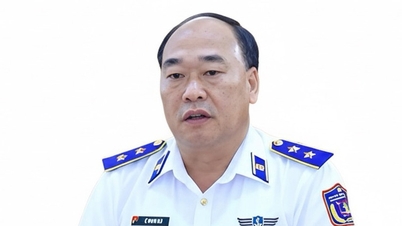













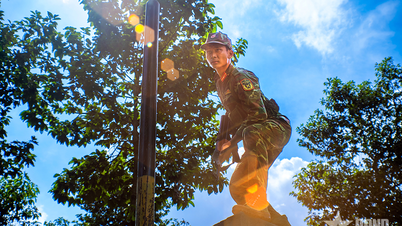
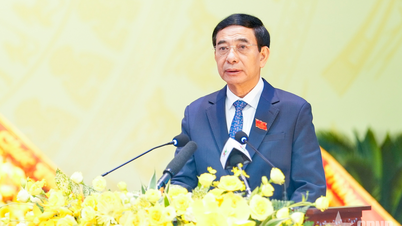




























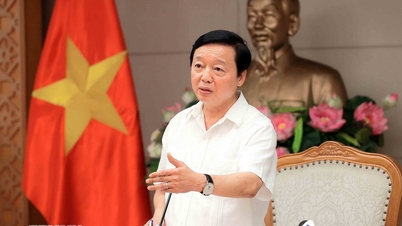












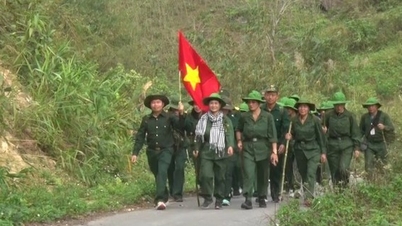


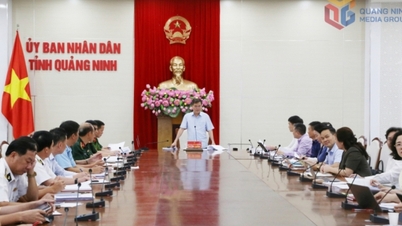







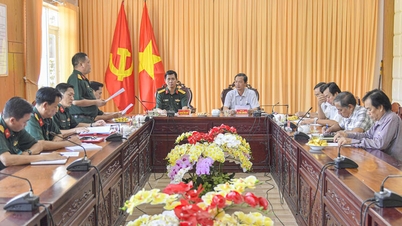










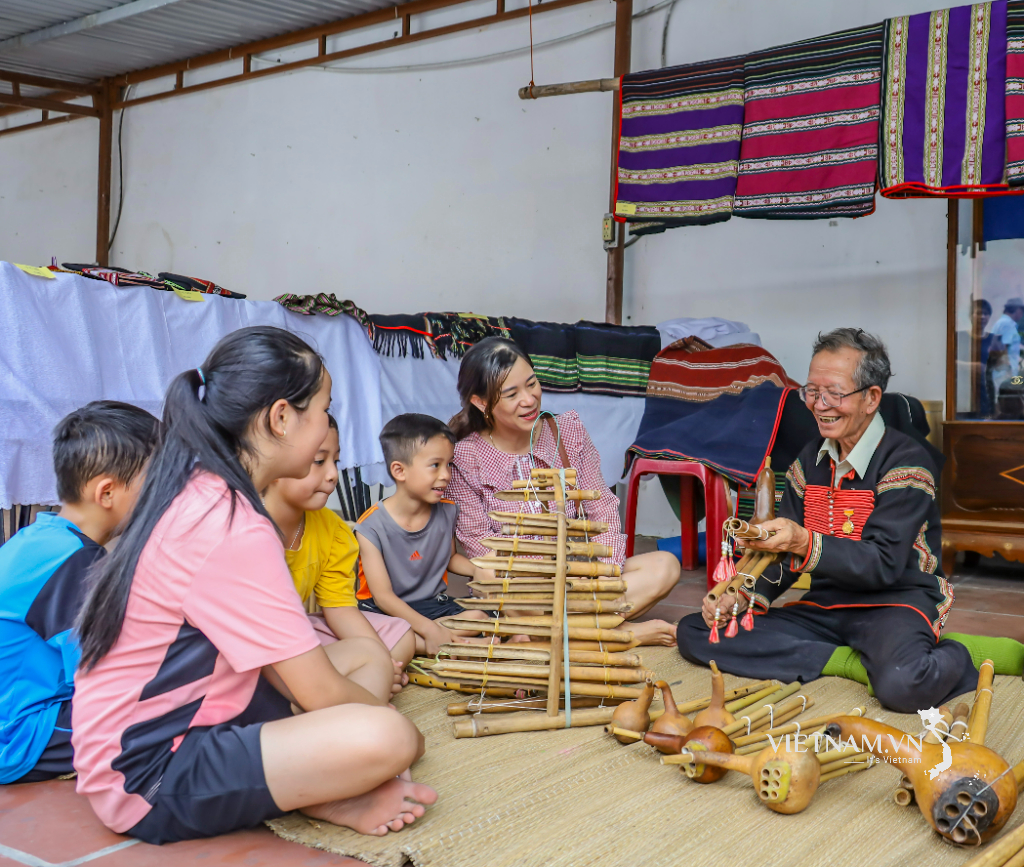



Comment (0)